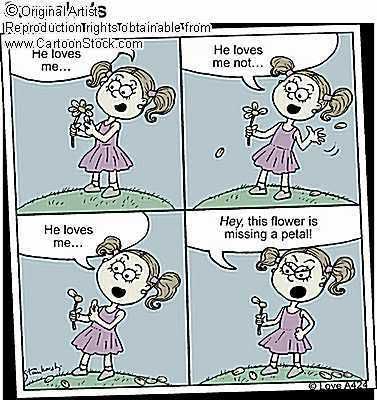From Wiki: Etymology: The word "crap" is old in the English language, one of a group of nouns applied to discarded cast offs, like "residue from renderings" (1490s) or in Shropshire, "dregs of beer or ale", meanings probably extended from Middle English crappe "chaff, or grain that has been trodden underfoot in a barn" (c. 1440), deriving ultimately from Late Latin crappa, "chaff".
The word fell out of use in Britain by the 1600s, but remained prevalent in the North American colonies which would eventually become the United States. The meaning "to defecate" was recorded in the U.S. since 1846 (according to Oxford and Merriam-Webster), but the word did not hold this meaning at all in Victorian England.
The connection to Thomas Crapper is conjectured by Hart-Davis to be an unfortunate coincidence of his surname. The occupational name Crapper is a variant spelling of Cropper. In the US, the word crapper is a dysphemism for "toilet". The term first appeared in print in the 1930s. It has been suggested that US soldiers stationed in England during World War I (some of whom had little experience with indoor plumbing) saw many toilets printed with "T. Crapper" in the glaze and brought the word home as a synonym for "toilet" — a sort of back-formation from "crap." This suggestion, however, overlooks the fact that "crapper" was a well-established word long before that time.
Yet another purported explanation is that Thomas Crapper's flush toilet advertising was so widespread, and the business name "T. Crapper & Sons, Chelsea," was seen on so many toilets, that "crapper" became a synonym for "toilet" and people simply assumed that he was the inventor.
Many people use the word "dung" rather than crap these days. They use it to hide the slang word and subsitute it for another word. Dung is a more understanding subsitute word for crap because the definition of dung is manure or animal droppings.
Derivative words: crapola, crappy, craptacular, craptastic, craptabulous.
From Online Etymology Dictionary: "defecate" 1846 (v.), 1898 (n.), from one of a cluster of words generally applied to things cast off or discarded (e.g. "weeds growing among corn" (1425), "residue from renderings" (1490s), 18c. underworld slang for "money," and in Shropshire, "dregs of beer or ale"), all probably from M.E. crappe "grain that was trodden underfoot in a barn, chaff" (c.1440), from M.Fr. crape "siftings," from O.Fr. crappe, from M.L. crappa, crapinum "chaff." Sense of "rubbish, nonsense" also first recorded 1898. Despite folk etymology insistence, not from Thomas Crapper (1837-1910) who did, however, in 1882 invent the ball and suction device [British Patent # 4,990] found in modern toilets. The name Crapper is a northern form of Cropper (attested from 1221), an occupational surname, obviously, but the exact reference is unclear.
Bottom (teehee) line: Crap and crapper have two different origins, but have become related words over time.

